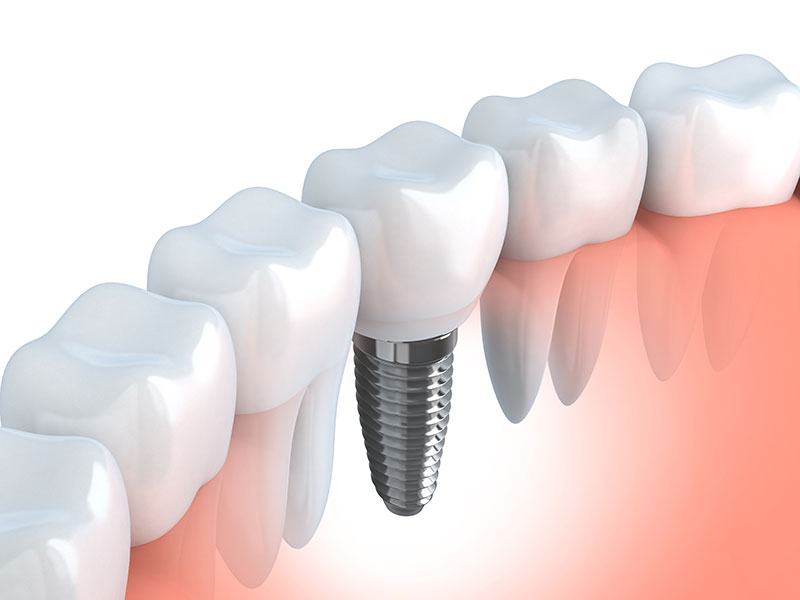
What Are Canker Sores?
What are canker sores?
Canker sores, also called aphthous ulcers, are painful ulcerated lesions that occur inside the mouth. They are not contagious and cannot be spread to other people. Canker sores are relatively common, affecting about 20% of the general population.
What does a canker sore look like?
They appear as shallow ulcerated lesions, whitish in colour and surrounded by a red halo. They can occur as a single lesion, or there can be multiple lesions at one time.
Where can canker sores appear?
They occur on the inside of the mouth, on the tissues that are not attached to the bone. Common areas are the underside and border of the tongue, soft palate and the inside of the lips and cheeks.
What causes canker sores?
There is no apparent cause of canker sores, but some possible triggers include:
Trauma to the oral tissues.
Acidic foods such as citrus fruits.
Emotional stress.
Hormonal changes.
Sensitivity to sodium lauryl sulfate (a common ingredient found in many toothpastes).
Weakened immune system.
Food allergies or sensitivities.
Nutritional deficiencies.
Certain medical conditions such as celiac disease, Crohn’s disease, ulcerative colitis and HIV.
Types of canker sores:
Minor– This is the most common type. These lesions can be up to 1 cm in diameter and usually heal in about 7 to 10 days.
Major– Lesions are larger than 1 cm in diameter and last longer than the minor type. They are often very painful and may leave scarring upon healing.
Herpetiform– These lesions are very tiny, about 1-2 mm in diameter and usually occur in groups. They are called herpetiform because they resemble lesions caused by the herpes virus.

Treatment– Although canker sores are self-limiting, treating the symptoms may make them more tolerable. For minor symptoms, simply rinsing with warm salt water or a rinse for mouth sores (such as Colgate Peroxyl) can bring relief. Topical steroids or analgesics are treatment options if the lesions are very painful and recurring.
If you suffer from painful oral lesions, call us today.








